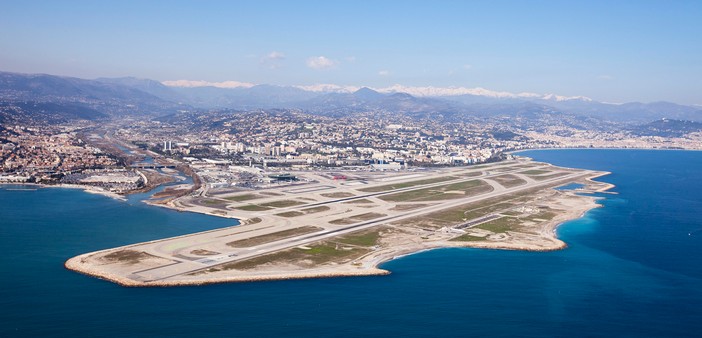The State is indeed going to launch a third round of auctions to determine the best buyout offers. There will also be a third round in Nice, and the finalists will have to submit their proposals by July 18, as requested by the State Shareholding Agency (APE).
The information, leaked a few days ago and reported by AFP, has been confirmed by the statement from the Nice Chamber of Commerce and Industry, which mentioned a “cancellation” of the candidates’ hearings by the local authorities.
Not pleased, Bernard Kleynhoff expressed his dissatisfaction: “We are moving from a consultation to a mockery” and anticipates that “under these conditions, it reserves its participation in the upcoming hearings with candidates who will submit final offers”.
Always opposed to this sale and having decided to keep a 25% stake, which, when combined with the local authorities’ share, would provide a blocking minority, the Nice Côte d’Azur CCI “has been committed from the beginning to the interests of the Azurean Territory and its businesses, rather than the transaction amount between the State and the buyer,” stated the consular establishment’s note.
As a result, “it will not provide an opinion on these candidates’ projects because we do not wish to serve as a moral endorsement for Bercy’s choice of the winner.
It is up to the State to fully assume its responsibilities by considering all the criteria.”
According to sources, with the conditional being mandatory, the two candidates in the running would be the French group Vinci, allied with insurer Predica and Caisse des Dépôts, and the consortium formed by Atlantia (the manager of Rome’s airport, among others) and EDF Invest, which reportedly made a slightly higher financial offer*.
While it is clear that the candidates will increase their offer, the room for maneuver is limited. Because the offers are already very high, greater than 20 times the EBITDA, leading to enterprise values (capitalization + debt) exceeding 2 billion euros.
As a reminder, in Toulouse, the Chinese consortium won in 2014 with an offer representing 18 times the EBITDA. In recent years, EBITDA multiples in the sector have generally been around 13 or 14.


